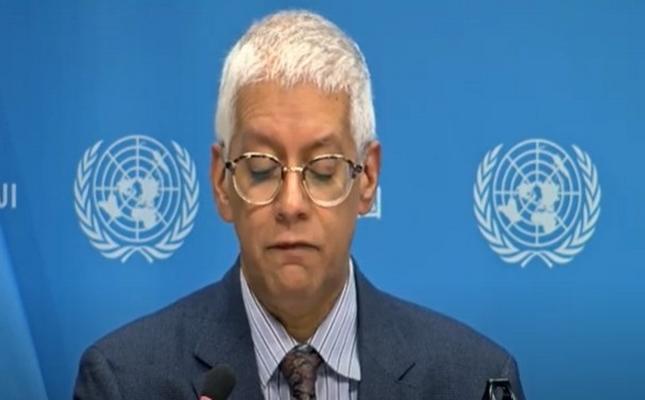The United Nations World Food Programme (WFP) has issued a stark warning about the deepening humanitarian crisis in Haiti, where rampant gang violence is severely hindering aid delivery and leaving millions at risk of starvation. Reports from the Caribbean nation reveal that intense fighting, particularly in the capital, Port-au-Prince, has blocked humanitarian access and disrupted the supply of essential goods. The WFP has been forced to cut food rations and suspend critical programs due to funding shortages, exacerbating the hunger crisis. UN Deputy Spokesperson Farhan Haq highlighted that the agency has had to halt hot meals for displaced families and reduce food rations by half. Additionally, the lack of resources has prevented the WFP from stockpiling food ahead of the Atlantic hurricane season, leaving the country vulnerable to natural disasters. The crisis is further compounded by the fact that many farmers are unable to access markets due to insecurity, driving food prices even higher. Much of Haiti remains under the control of heavily armed gangs, whose influence has expanded beyond Port-au-Prince. Regional leaders, including CARICOM, have attempted to stabilize the situation, but efforts have been met with resistance from gang leaders like Jimmy “Barbecue” Chérizier. In response, the UN Security Council has approved the creation of a new Gang Suppression Force (GSF) to replace the Kenyan-led mission. The GSF, comprising 5,550 personnel, will work with Haitian authorities to neutralize gangs, protect critical infrastructure, and facilitate humanitarian access. Despite the challenges, the WFP has assisted over two million people since January and continues to support long-term food security initiatives, including school meal programs and community infrastructure projects. However, Haiti remains one of only five countries globally facing catastrophic hunger levels, with 5.7 million Haitians experiencing acute food insecurity. The WFP has appealed for $139 million in funding over the next year to address the crisis.
